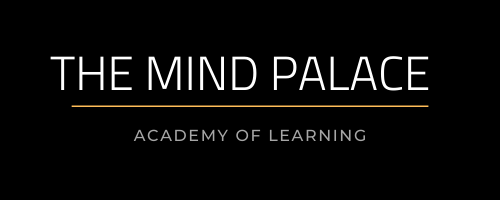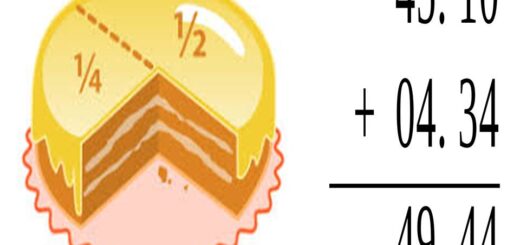Engineering Courses in India with No Mathematics

In India, most engineering courses require a strong foundation in mathematics. However, there are a few engineering courses available that have minimal or no mathematics requirements. These courses focus more on practical applications and technical skills. Here are some engineering courses in India that have limited mathematics requirements:
1. BACHELOR OF ARCHITECTURE (B.Arch):
Architecture involves the design, planning, and construction of buildings. While mathematics is involved in architectural design, the level of mathematical rigor is comparatively lower than traditional engineering courses.
2. BACHELOR OF DESIGN (B.Des):
Design courses, such as industrial design, product design, or fashion design, have a creative focus and generally require minimal mathematics.
3. BACHELOR OF TECHNOLOGY (B.Tech) IN TEXTILE ENGINEERING:
Textile engineering focuses on the development and production of textiles and related materials. While some mathematical understanding is required, the emphasis is more on textile technology and processes.
4. BACHELOR OF TECHNOLOGY (B.Tech) IN FOOD TECHNOLOGY:
Food technology involves the study of food processing, preservation, and quality assurance. While basic mathematics is required, the focus is primarily on the technical aspects of food processing and production.
5. BACHELOR OF TECHNOLOGY (B.Tech) IN BIOTECHNOLOGY:
Biotechnology combines biology, chemistry, and engineering principles to develop innovative solutions in the field of healthcare, agriculture, and environmental conservation. While mathematics is involved, the emphasis is more on biological and technical concepts.
6. BACHELOR OF TECHNOLOGY (B.Tech) IN ELECTRONICS AND COMMUNICATION ENGINEERING (ECE):
While mathematics is a component of ECE, the level of mathematical rigor is generally lower compared to other branches of engineering. The focus is on electronics, communication systems, and signal processing.
It’s important to note that even in these courses, some level of mathematical understanding and analytical skills may be required. It’s recommended to review the specific curriculum and course requirements of each program to determine the extent of mathematics involved.
Additionally, it’s worth considering that mathematics is a fundamental aspect of engineering education and plays a significant role in building problem-solving and analytical skills. Developing a strong foundation in mathematics can open up more opportunities and provide a competitive advantage in the field of engineering.














